10 Best Cuminum Cyminum Preparations
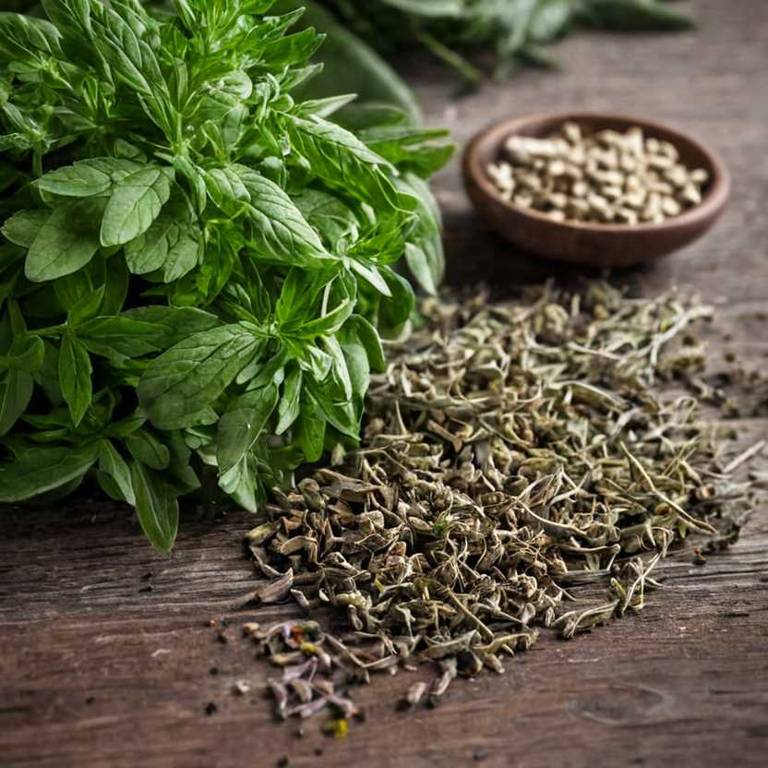
The best medicinal preparations of Cuminum cyminum are teas, decoctions, tinctures, capsules, and oils, each offering unique benefits for health and wellness.
Teas and decoctions are commonly used to aid digestion and relieve respiratory issues.
Tinctures provide a concentrated form of the herb for more potent therapeutic effects.
Capsules offer a convenient and standardized way to consume cumin for its essential oils and phytochemicals.
Oils, often extracted through cold pressing, are used in aromatherapy and topical applications for their stimulating and antispasmodic properties.
Below there's a list of the 10 best herbal preparations of cuminum cyminum for medicinal purposes.
1. Teas
Cuminum cyminum teas is commonly used to aid digestion, relieve bloating, and reduce nausea.
This herbal preparation is often employed to treat gastrointestinal issues such as indigestion, flatulence, and stomach cramps. It is also used to support respiratory health by alleviating symptoms of coughs and colds. The bioactive constituents responsible for its medicinal properties include essential oils like limonene and pinene, as well as compounds such as cumin aldehyde and various flavonoids.
These components possess antimicrobial, anti-inflammatory, and carminative effects, contributing to its wide range of therapeutic applications.

2. Decoctions
Cuminum cyminum decoctions is commonly used to treat digestive disorders, respiratory issues, and skin conditions.
These decoctions are often employed to alleviate symptoms such as bloating, indigestion, coughing, and inflammation. The bioactive constituents responsible for its medicinal properties include essential oils like limonene and pinene, as well as compounds such as cumin aldehyde and flavonoids. These compounds possess antimicrobial, carminative, and anti-inflammatory effects.
Due to its therapeutic benefits, cumin decoctions are widely utilized in traditional and complementary medicine systems around the world.
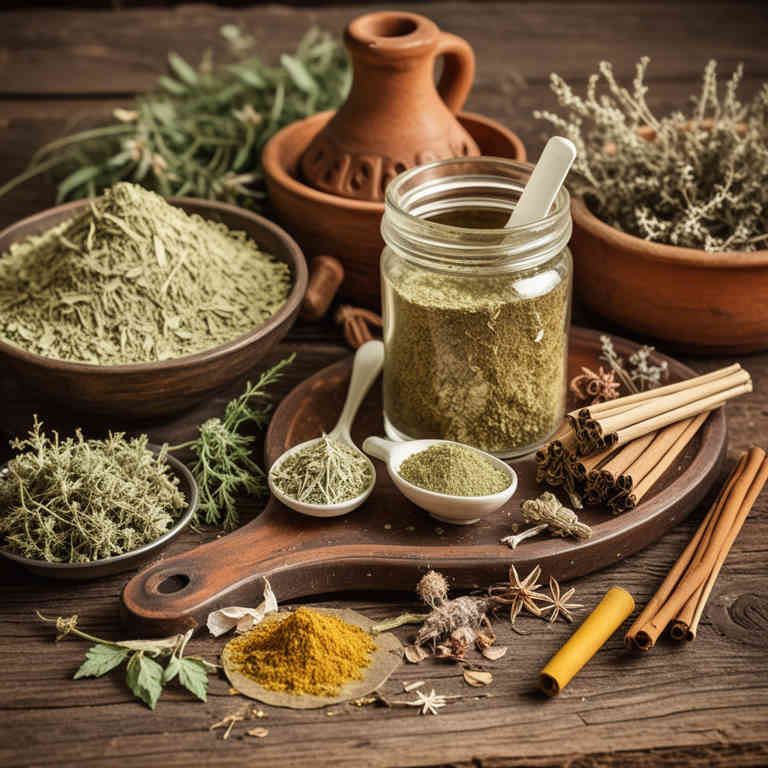
3. Tinctures
Cuminum cyminum tinctures is commonly used to support digestive health, alleviate respiratory issues, and reduce inflammation.
These tinctures are often employed to treat ailments such as indigestion, bloating, coughs, and skin irritations. The bioactive constituents responsible for these medicinal properties include essential oils like limonene and pinene, as well as compounds such as cumin aldehyde and various flavonoids. These components possess antimicrobial, carminative, and anti-inflammatory effects.
Additionally, the tinctures may aid in promoting circulation and easing muscle spasms.
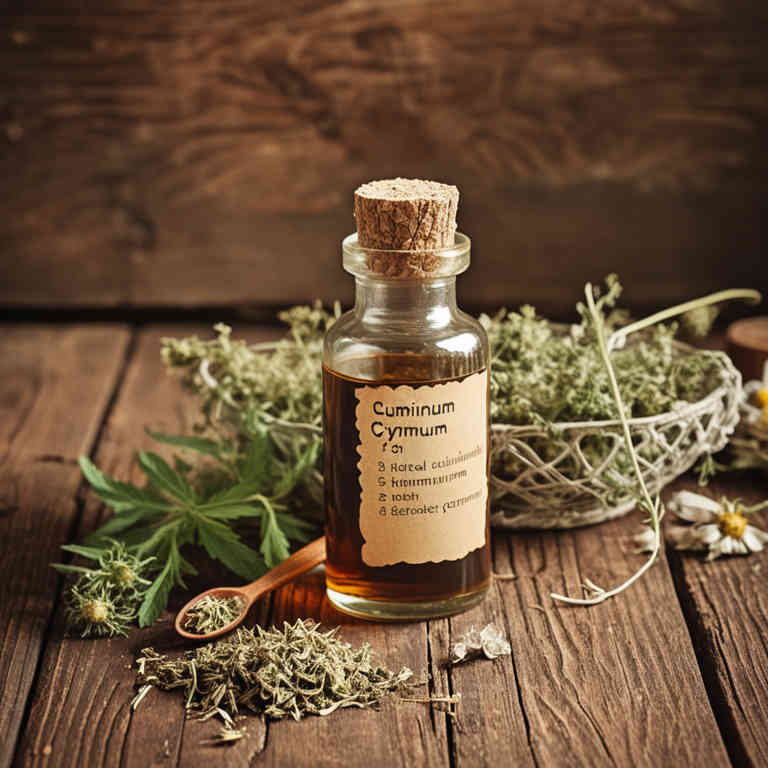
4. Capsules
Cuminum cyminum capsules is commonly used to support digestive health, relieve bloating, and enhance appetite.
They are often employed in the treatment of gastrointestinal disorders such as indigestion, flatulence, and irritable bowel syndrome. The bioactive constituents responsible for these effects include essential oils like limonene and pinene, as well as compounds such as cumin aldehyde and cuminaldehyde. These components possess carminative, antispasmodic, and antimicrobial properties.
Additionally, cumin capsules may aid in reducing inflammation and improving liver function.

5. Oils
Cuminum cyminum oils is commonly used to treat digestive issues, respiratory conditions, and skin disorders.
It is often employed to alleviate symptoms of indigestion, bloating, and flatulence due to its carminative properties. The oil is also used in aromatherapy to relieve nasal congestion and as a topical treatment for minor skin infections. The most common medicinal uses include addressing gastrointestinal discomfort, respiratory infections, and dermatological problems.
Bioactive constituents such as monoterpenes, sesquiterpenes, and phenolic compounds contribute to its antimicrobial, anti-inflammatory, and antioxidant effects.

7. Syrups
Cuminum cyminum syrups is commonly used to alleviate digestive issues, respiratory conditions, and as an expectorant.
The most common medicinal uses of this herbal preparation include treating coughs, bronchitis, indigestion, and nausea. It is also used to relieve menstrual cramps and improve appetite. The bioactive constituents responsible for its medicinal properties include essential oils such as limonene and pinene, as well as compounds like cumin aldehyde and cuminaldehyde.
These components exhibit antimicrobial, carminative, and anti-inflammatory effects.

8. Lozenges
Cuminum cyminum lozenges is commonly used to relieve respiratory and digestive discomfort.
These lozenges are often employed to treat coughs, sore throats, and inflammation of the respiratory tract. They are also used to aid digestion and alleviate bloating and gas. The medicinal properties of cumin lozenges are attributed to bioactive constituents such as essential oils, flavonoids, and phenolic compounds.
These compounds possess antimicrobial, anti-inflammatory, and carminative effects, contributing to their therapeutic benefits.
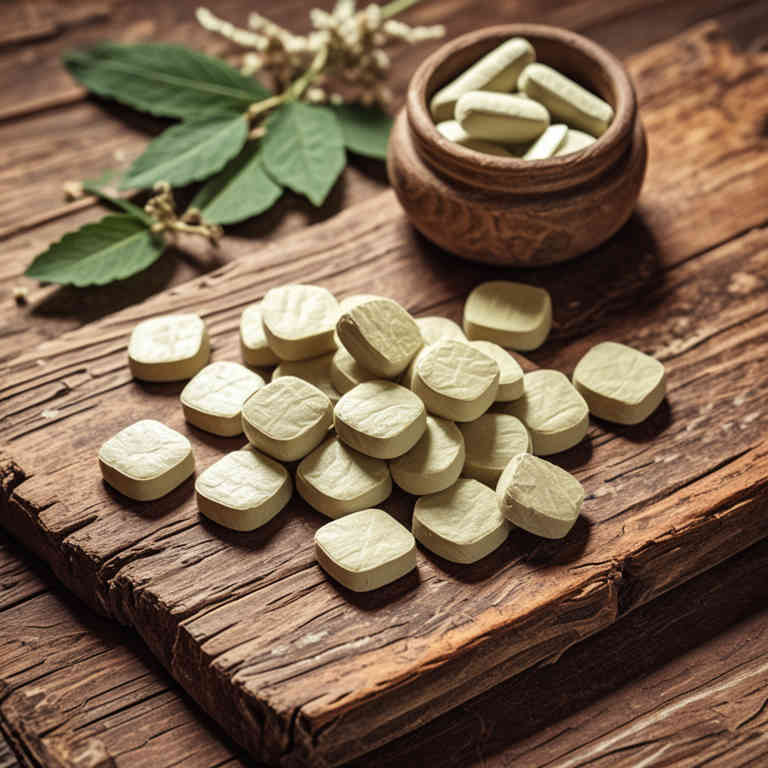
9. Creams
Cuminum cyminum creams is commonly used to relieve symptoms of skin conditions, digestive issues, and respiratory ailments.
These creams are often applied topically to treat inflammation, eczema, and muscle pain due to their anti-inflammatory and antiseptic properties. Common medicinal uses include alleviating bloating, indigestion, and nausea, as well as supporting respiratory health by reducing congestion. The bioactive constituents responsible for these effects include essential oils like limonene and pinene, along with compounds such as cumin aldehyde and cuminaldehyde, which have antimicrobial, antioxidant, and carminative properties.
These components work synergistically to provide the therapeutic benefits associated with cumin-based herbal preparations.
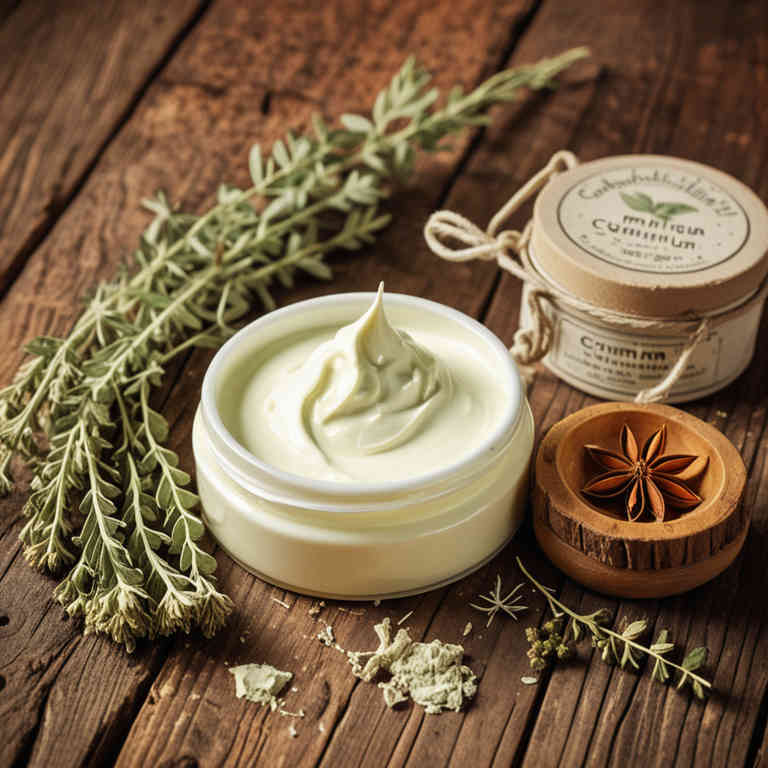
10. Juices
Cuminum cyminum juices is commonly used to aid digestion, relieve respiratory congestion, and support liver function.
It is often employed in the treatment of ailments such as indigestion, bloating, coughs, and skin conditions. The bioactive constituents responsible for its medicinal properties include essential oils like limonene and pinene, as well as compounds such as cumin aldehyde and various flavonoids. These components exhibit antioxidant, anti-inflammatory, and carminative effects.
Additionally, the juice may help in detoxification and improving metabolic processes.
